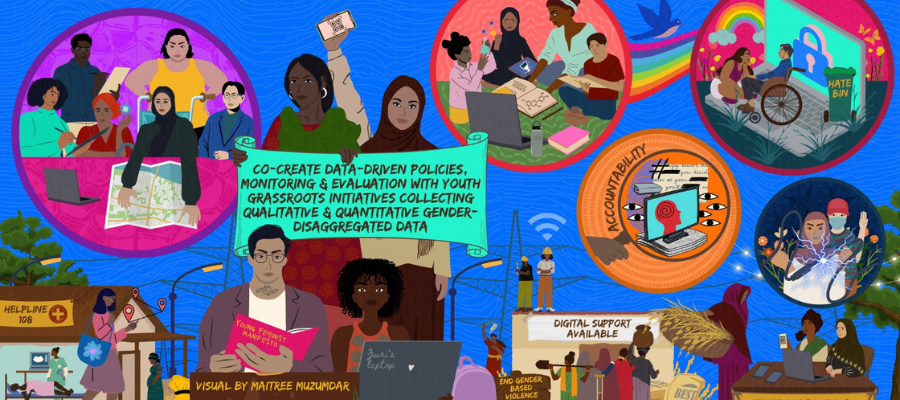
Digital transformation provides new avenues for the economic empowerment of women and can contribute to greater gender equality. This is not only a fundamental human right but also a keystone of a prosperous, modern economy that provides sustainable inclusive growth. The Internet, digital platforms, mobile phones and digital financial services offer “leapfrog” opportunities for all. It can help bridge the divide by allowing women to earn additional income, increase their employment opportunities, and access knowledge and general information.
However, the reality is far from ideal. About 27 million fewer women than men have a smartphone and can access the Internet. Women are under-represented in ICT jobs, top management and academic careers and, men are four times more likely than women to be ICT specialists. Women-owned start-ups receive 23% less funding and are 30% less likely to have a positive exit than male-owned businesses. With this gap between opportunities and women and girls who need access to them to improve their quality of life, the digital gender divide remains as real as ever.
In keeping with the theme of CSW67, “Innovation and technological change, and education in the digital age for achieving gender equality and the empowerment of all women and girls”, UN Women organised the CSW67 Adolescent Girls Leadership Townhall on the 16th of March. The Townhall provided young girls and youth organisations an opportunity to share their visions, approaches and messages for a meaningful engagement of girls within the intergovernmental spaces, and influence key decision-makers at the global level.
Adolescent girls face barriers in accessing decision-making spaces and lack recognition for their leadership in key multilateral processes. This intergenerational platform moderated by girls provided a safe space for girls to share their lived realities, issues, and priorities with different stakeholders from UN Member states and UN Agencies to international organisations and philanthropic foundations. They presented specific and concrete recommendations on issues affecting girls and held the decision-makers accountable to previous resolutions and agreed conclusions.
Access to technology, inclusive digital education and breaking down gender stereotypes surrounding women’s participation in ICT-based higher education and careers are essential to improving women and girls’ economic and employment prospects. It grants them the opportunity for financial independence and a good quality of life, free from discrimination and vulnerability.
Author: Prateeksha Shukla, IBVM/CJ NGO intern
